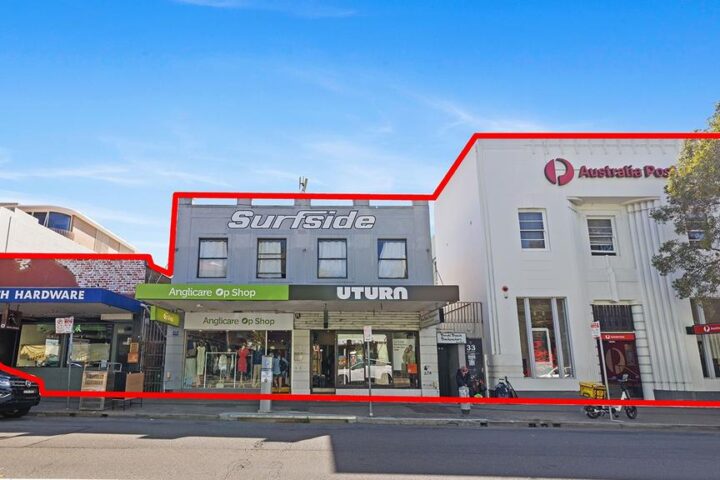For many Australians juggling multiple credit card balances, debt consolidation loans have emerged as a popular strategy to streamline finances and potentially reduce interest costs. With rising living expenses and interest rates, the appeal of combining high-interest credit card debts into a single, lower-interest loan is undeniable.
But is it a financial lifeline or a potential pitfall for the everyday consumer or business-minded individual? We explore the pros, cons, and real-world perspectives to help you decide.
What is a debt consolidation loan?
A debt consolidation loan involves taking out a personal loan to pay off multiple credit card balances, leaving you with one monthly payment, often at a lower interest rate. For Australia’s business owners and professionals, this can free up cash flow, simplify budgeting, and potentially save thousands in interest. However, the decision isn’t one-size-fits-all, and financial experts urge careful consideration.
The case for consolidation
For those drowning in high-interest credit card debt—often carrying rates of 18–25% in Australia—consolidation loans can offer relief. “A well-structured consolidation loan can be a game-changer,” says financial advisor Priya Sharma, based in Sydney. “By securing a loan with an interest rate of, say, 7–12%, you could halve your interest costs and redirect savings into business growth or investments.”
Take Sarah Nguyen, a 34-year-old Melbourne café owner and one of our readers. After expanding her business, she racked up $25,000 in credit card debt across three cards. “The interest was eating into my profits,” she shares. “Consolidating into a single loan at 9% interest saved me $400 a month. That’s money I now use for marketing and staff training.” For entrepreneurs like Sarah, consolidation can provide breathing room to focus on business priorities.
Consolidation isn’t a magic bullet, the risks to consider
Financial experts warn that without disciplined budgeting, it can lead to deeper debt. “If you consolidate but continue using credit cards, you’re just digging a bigger hole,” notes Brisbane-based financial planner Michael Chen. Another concern is the temptation of longer loan terms, which can reduce monthly payments but increase total interest paid over time.
James Carter, a 42-year-old Sydney tech startup founder, learned this the hard way. “I consolidated $30,000 in credit card debt into a five-year loan,” he says. “The lower payments were great, but I didn’t change my spending habits. Two years later, I had new credit card debt on top of the loan.” James’s story highlights a key risk: consolidation doesn’t address the root cause of debt—overspending.
Additionally, not all loans are created equal. Some consolidation loans come with hefty fees, such as upfront costs or early repayment penalties, which can erode savings. Secured loans, often backed by assets like a car or property, may offer lower rates but put those assets at risk if repayments falter.
Credit card debt in Australia totals over $40 billion
According to recent data from the Reserve Bank of Australia, credit card debt in Australia totals over $40 billion, with average interest rates hovering around 19%. In contrast, personal loan rates for debt consolidation can range from 6% to 15%, depending on credit scores and loan terms. For a $20,000 debt, consolidating from a 20% credit card to a 10% loan could save approximately $2,000 annually in interest, assuming a three-year term.
Yet, the fine print matters. “Always compare the total cost of the loan, including fees, and ensure the term aligns with your financial goals,” advises Sharma. Tools like online loan calculators can help entrepreneurs model scenarios and avoid surprises.
Perspective from our readers
To gauge sentiment, we asked our readers—many of whom are business owners or professionals—for their take. Emma Wilson, a 29-year-old freelance graphic designer from Perth, sees consolidation as a strategic move. “I consolidated $15,000 in debt to focus on building my brand,” she says. “The lower interest rate gave me predictability, which is crucial when your income fluctuates.”
Conversely, David Patel, a 50-year-old Adelaide property investor, is skeptical. “Consolidation loans sound good, but they can mask bad habits,” he cautions. “I’d rather tackle debt aggressively with a budget than rely on another loan.” David’s view resonates with those who prioritise behavioral changes over financial restructuring.
The 5 things you should consider
A debt consolidation loan can be a powerful tool if approached strategically. Here are 5 tips to maximise its benefits:
- Shop around. Compare loan rates, fees, and terms from banks, credit unions, and online lenders. Platforms like RateCity or Finder can simplify the process.
- Check your credit. A strong credit score unlocks lower rates. If your score is low, consider improving it before applying.
- Cut up the cards. To avoid re-accumulating debt, freeze or cancel credit cards after paying them off.
- Align with your goals. Use savings from consolidation to invest in revenue-generating activities, like marketing or equipment upgrades.
- Seek advice. Consult a financial advisor to ensure the loan fits your broader financial strategy.
Debt consolidation loans can be worth it for disciplined entrepreneurs seeking to streamline finances and reduce interest costs. For someone like Sarah, it’s a lifeline that supports business growth. But for others, like James, it’s a temporary fix without addressing spending habits.
As with any financial decision, success hinges on research, discipline, and a clear plan.Before diving in, weigh the numbers and reflect on your financial habits.
As Sharma puts it, “Consolidation is a tool, not a cure. Use it wisely, and it can free up your focus for what matters—building your business.”
Have you considered a debt consolidation loan? Share your thoughts with us at editor@carouselbondi.com.au









